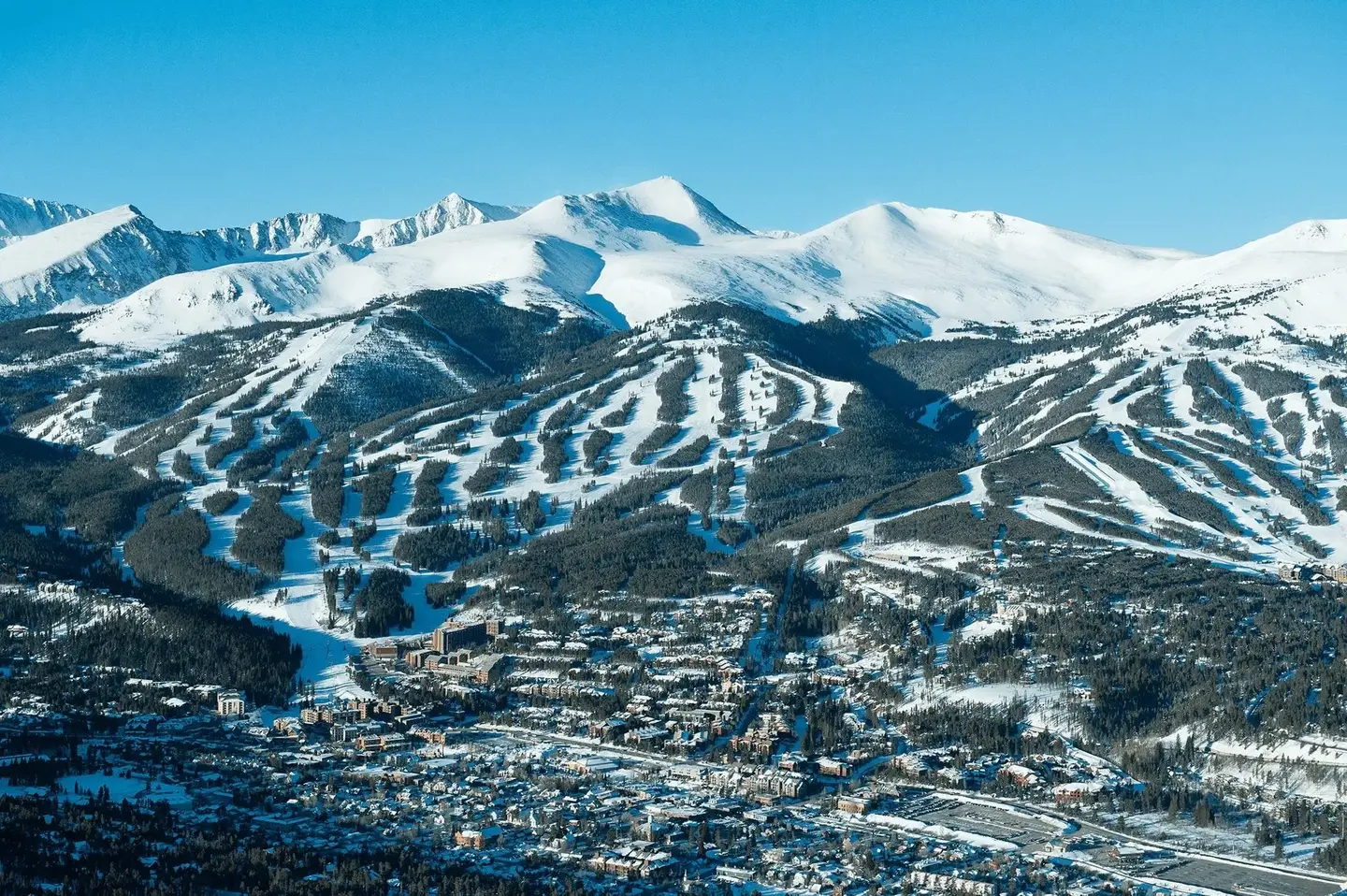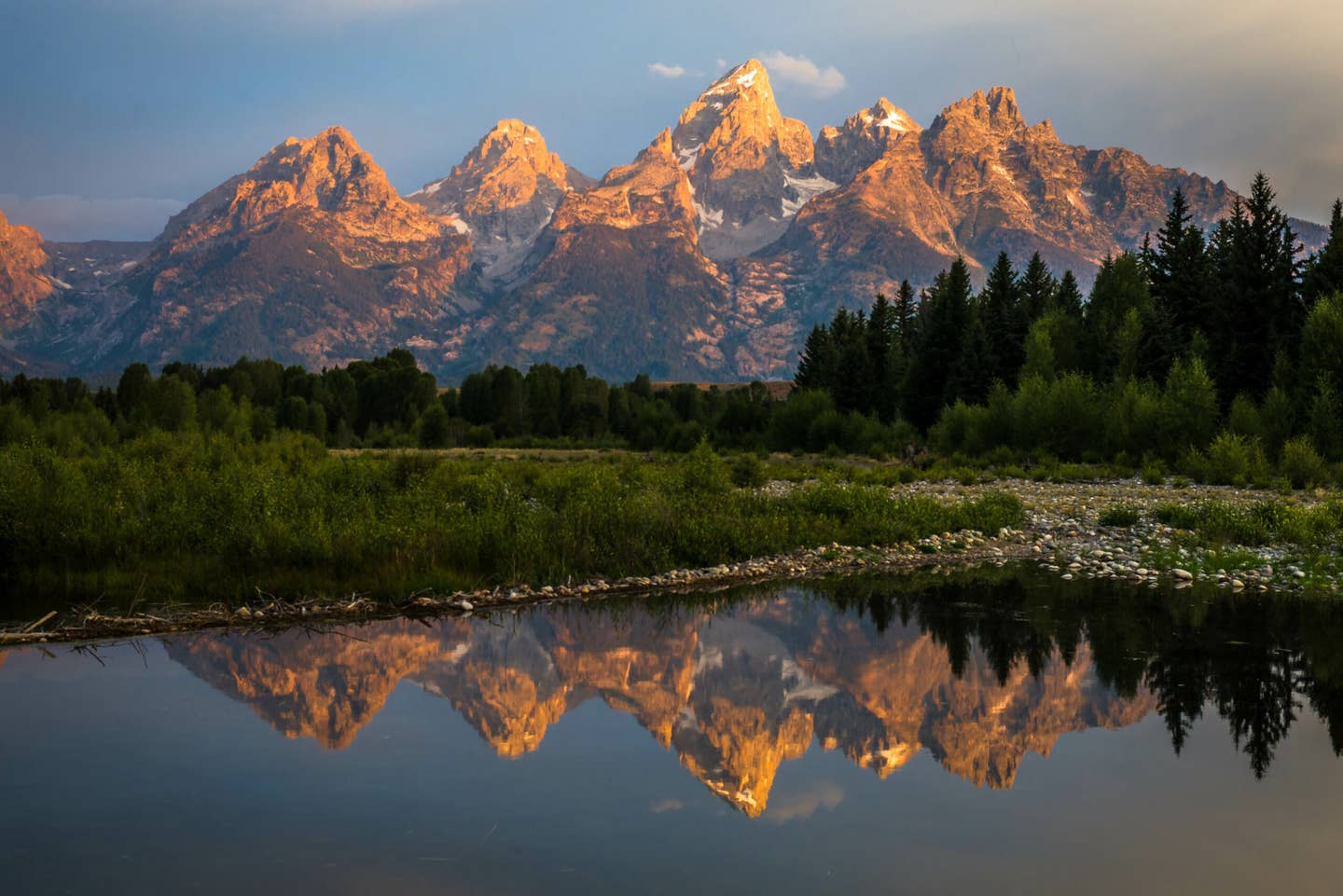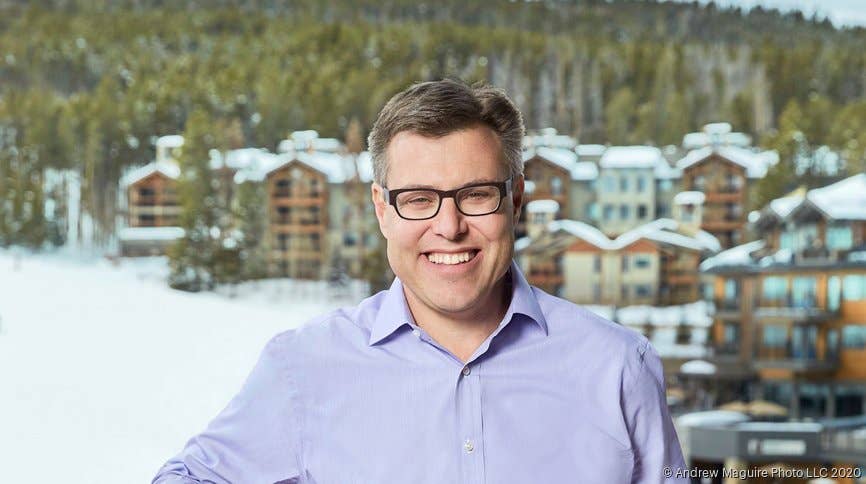

The Epic Return: Why Rob Katz Is Back at Vail Resorts
Popular Stories
Rob Katz is back as CEO of Vail Resorts after a three-year break, and it's a huge deal. He's the guy who completely changed the ski industry during his first run as CEO from 2006 to 2021. Back then, many ski companies were more focused on real estate than on skiing itself. They'd rely on big development projects for revenue, which was a risky move, especially when the economy was unpredictable. Katz, however, had a different idea: sell skiing.
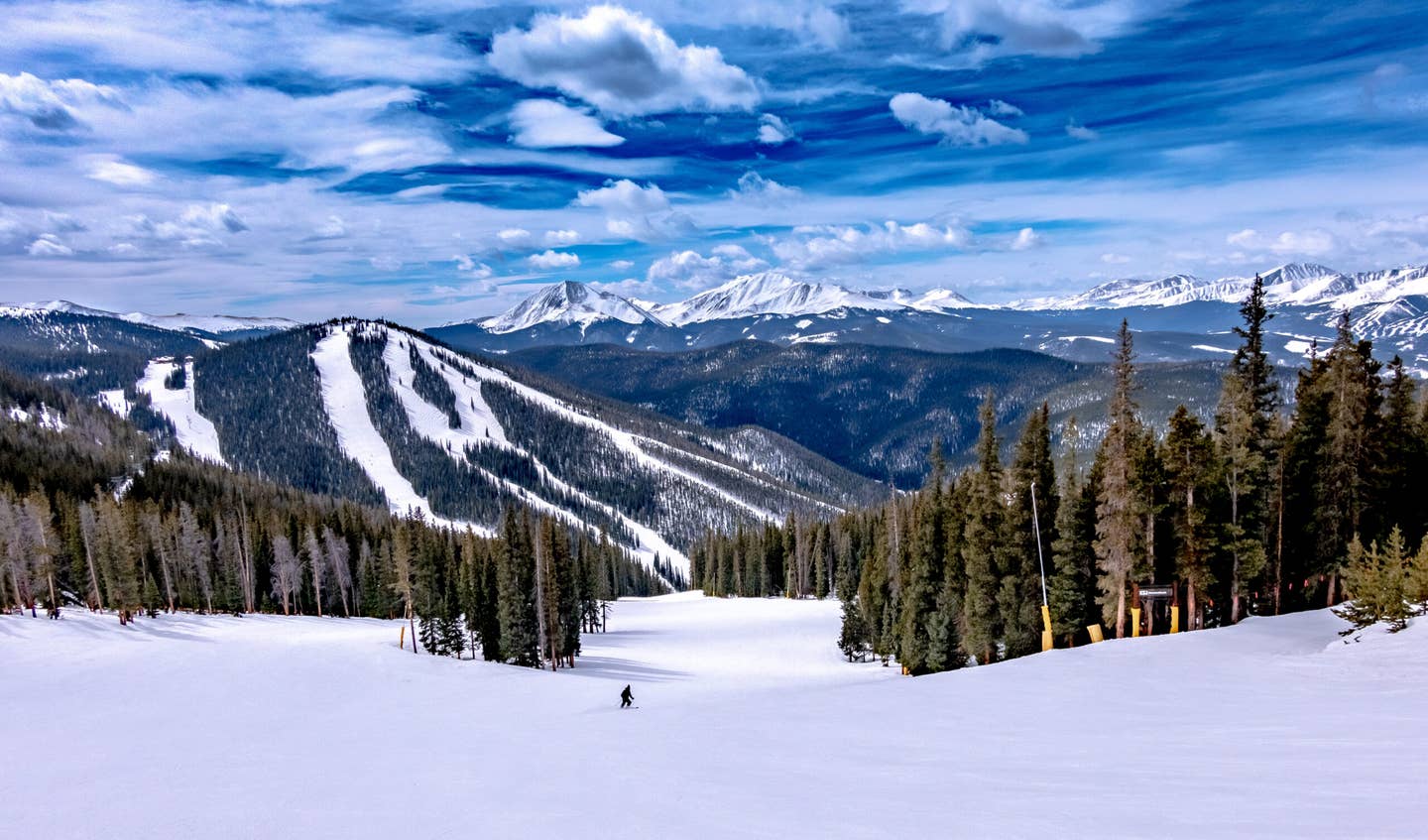
When he first took over, a lot of people in the industry thought skier visits couldn't really grow much more. But in 2008, Katz introduced the Epic Pass. At just $569, it was way cheaper than most other season passes at the time. With only five resorts in the portfolio initially, Vail, Beaver Creek, Keystone, Breckenridge, and Heavenly, the pass's real power was offering access to multiple locations. This made ski trips to places like Colorado or Tahoe seem much more accessible.
To push more pass sales, day ticket prices started to climb. In 2010, Vail and Beaver Creek were the first to charge over $100 for a single day, and by 2019, they broke the $200 barrier. This trend continued, with Arizona Snowbowl crossing the $300 mark just four years later. This explosion in day ticket prices drove tons of skiers to buy passes like the Epic, IKON, and Mountain Collective passes.
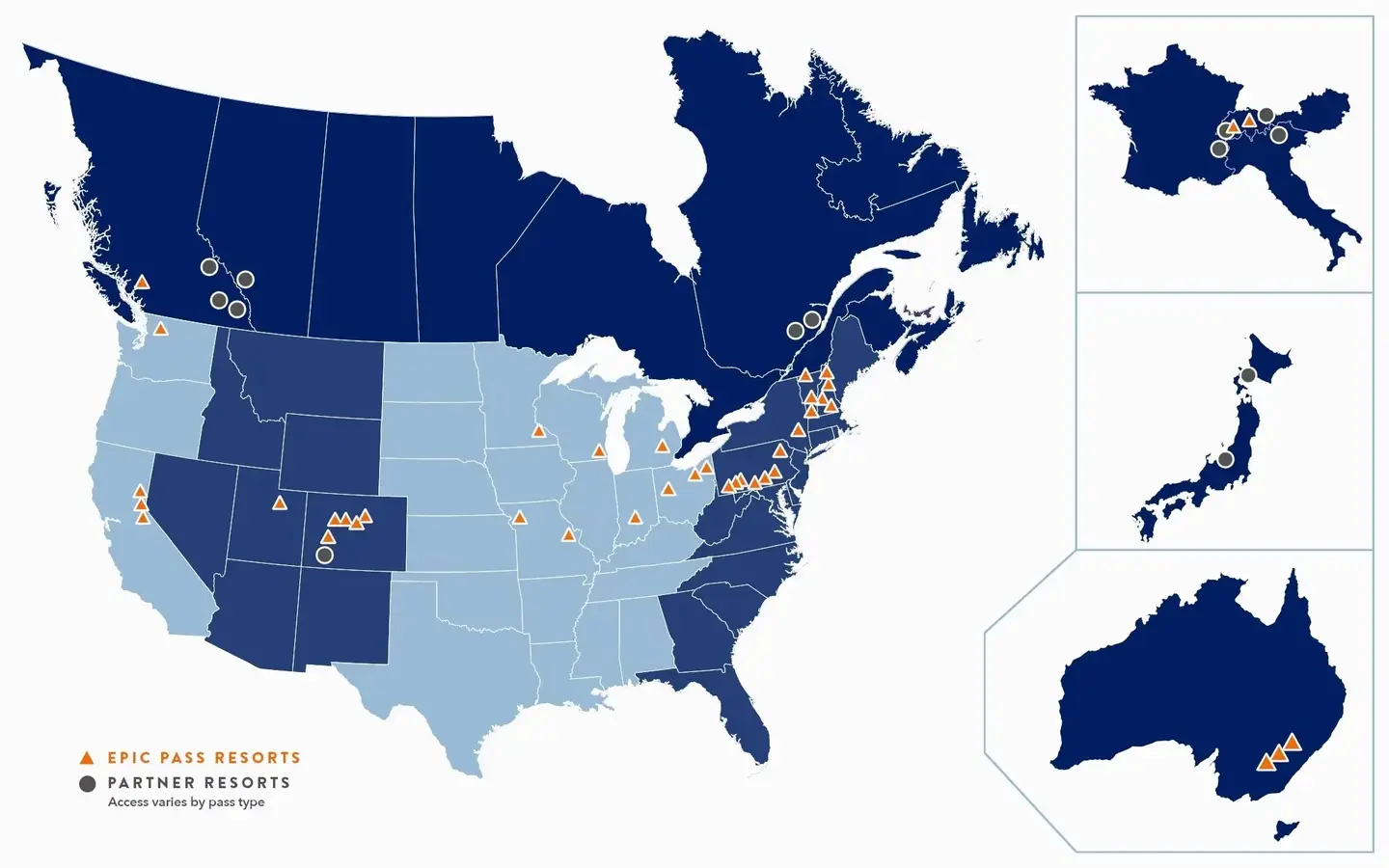
Towards the end of Katz's first tenure, the industry looked completely different. Resorts were spending millions on terrain expansions and chairlift upgrades to attract more visitors, a stark contrast to the real-estate-driven projects of the past. Katz didn't just show that the industry could grow; he changed how resorts invested their money.
Sign Up for the TGR Gravity Check Newsletter Now
Katz is replacing Kirsten Lynch, who took over in 2021. Lynch's time as CEO saw a continuous decline in Vail's stock price and was marked by several challenges. The Forest Service halted construction on Keystone's Bergman Bowl expansion, the Park City Planning Commission blocked a chairlift upgrade project over parking issues, and a major unionization movement took hold across the industry. The 13-day ski patrol strike at Park City, in particular, was seen as a major PR failure for the company.
Now, Katz is back and faces a new set of challenges, including a strong labor movement and the ongoing cost-of-living crisis. On a recent earnings call, Katz said, "We are a company filled with passionate people and so many avid skiers and riders who have worked for decades to innovate this industry for the better. And we can do a better job showcasing how we benefit our guests and employees and the industry overall, and most importantly, do a better job avoiding the moments that often set us backwards."
It's not yet clear what changes he'll bring, but with a new set of problems to tackle, it's safe to say Katz has a lot on his plate.
